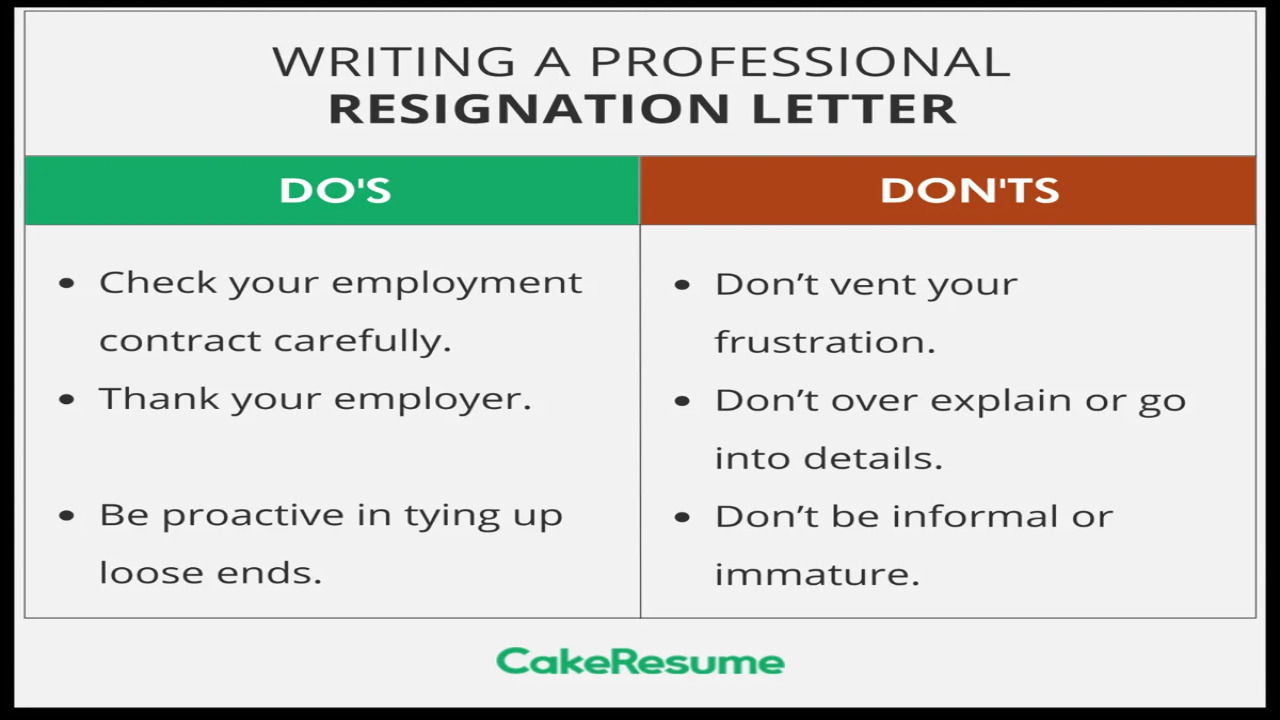
Quitting a job is a significant decision that should be approached with professionalism and tact. Whether you have found a better opportunity, want to pursue a different career path, or simply need a change because you feel that your income information from an online generator is poor, it is important to resign in a way that maintains positive relationships and preserves your professional reputation. In this article, we will explore the steps to quit a job in a professional manner.
Consider Your Decision

Before taking any action, carefully consider your decision to quit. Evaluate your reasons for leaving and ensure that you have explored all possible alternatives. Reflect on the impact it will have on your career, finances, and personal life. It is crucial to be certain about your choice to resign before moving forward.
Plan Your Resignation
Once you have made the decision to quit, it is essential to plan your resignation. Choose an appropriate time to have a conversation with your supervisor or manager. It is generally recommended to resign in person rather than through email or other forms of communication. Schedule a meeting in advance, ensuring that it is at a convenient time for both parties.
Compose a Resignation Letter

Prepare a formal resignation letter to submit after your conversation. Keep the letter concise and to the point. Begin with a polite and professional opening paragraph, stating your intention to resign and the date of your last working day. Express gratitude for the opportunities and experiences gained during your time with the company. Maintain a positive tone throughout the letter and offer assistance with the transition period if feasible.
Have a Respectful Conversation
During your meeting with your supervisor or manager, approach the conversation with respect and professionalism. Begin by expressing your gratitude for the opportunities and experiences gained while working for the company. Clearly communicate your decision to resign and the reasons behind it, highlighting the positive aspects of your time there. Avoid being negative or criticizing the company or your colleagues. Focus on the future and how this decision aligns with your career goals.
Prepare for a Counteroffer

In some cases, your employer may try to convince you to stay by offering a counteroffer. Be prepared for this possibility and consider it carefully. Remember the reasons that led you to make the decision to resign in the first place. Evaluate the counteroffer objectively, considering whether it addresses your concerns and aligns with your long-term goals. Politely decline the counteroffer if you are confident in your decision to leave.
Assist with the Transition
Once your resignation has been accepted, make an effort to facilitate a smooth transition for your team and the company. Offer your assistance in training or mentoring your replacement, providing detailed documentation of your tasks and responsibilities, and ensuring that your projects are well-documented and organized. This will help mitigate any disruption caused by your departure and leave a positive impression on your colleagues.
Maintain Professional Relationships
Even after you leave, it is crucial to maintain professional relationships with your former colleagues and superiors. Network with them, stay connected on professional platforms and consider providing references when appropriate. This will help preserve your professional reputation and can prove beneficial in your future endeavors.
Quitting a job is a significant step in your career journey, and doing so in a professional manner is essential for maintaining positive relationships and your professional reputation. By considering your decision carefully, planning your resignation, having respectful conversations, and assisting with the transition, you can leave your current job on good terms and set yourself up for success in the future. Remember, how you handle your departure speaks volumes about your professionalism and integrity.



